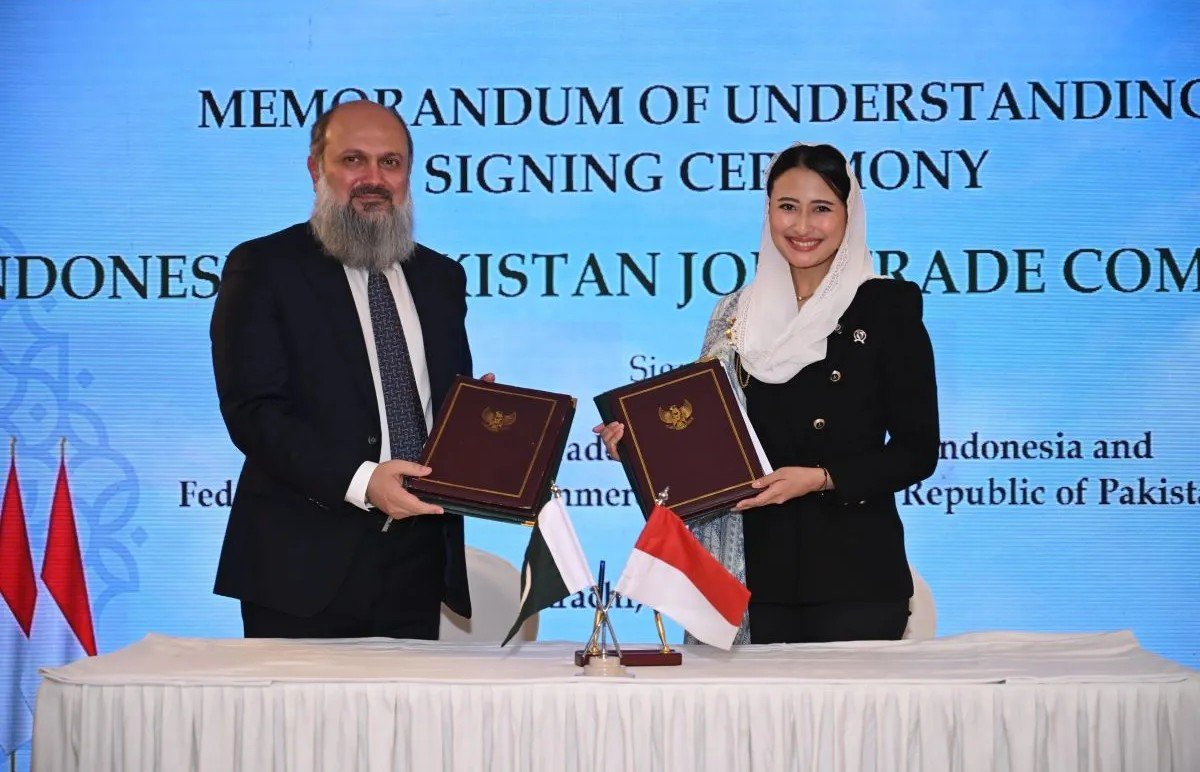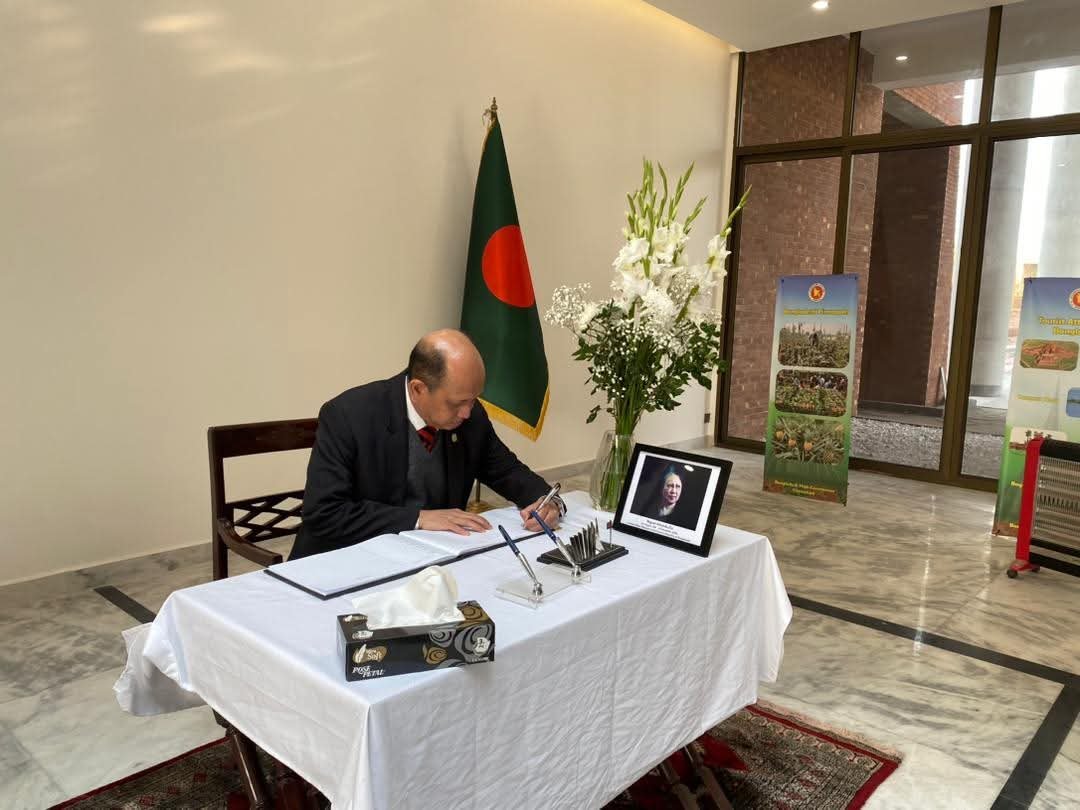Islamabad, May 12, 2025 — The Europe Today: Pakistan Armed Forces have announced the successful completion of Operation Bunyanum Marsoos, a high-stakes retaliatory military operation launched in response to Indian military strikes that resulted in civilian casualties earlier this month.
Speaking at a press briefing, Director General of Inter-Services Public Relations (DG ISPR) Lieutenant General Ahmed Sharif Chaudhry said the operation was conducted on May 10 as part of Pakistan’s broader military campaign, Marka-e-Haq, following what he described as “dastardly attacks” by Indian forces on the night of May 6–7, which claimed the lives of numerous civilians, including women, children, and the elderly.
In what military officials characterized as a coordinated, multi-domain offensive, Pakistan deployed its Al-Fatah missile systems and carried out precision strikes on 26 Indian military installations, targeting airbases, logistics centers, intelligence units, and BrahMos missile storage facilities in Indian Illegally Occupied Jammu and Kashmir (IIOJK) and mainland India.
A full ceasefire was reached after diplomatic intervention by U.S. President Donald Trump, halting further escalation between the two nuclear-armed neighbors. “Alhamdulillah, Pakistan Armed Forces have delivered the promise made to our people,” said the ISPR statement, noting that the strikes were in accordance with the nation’s commitment to seek justice and uphold sovereignty.
The military highlighted that the operation demonstrated Pakistan’s advanced tri-services joint warfare capabilities, combining land, air, sea, and cyber assets. The campaign involved long-range loitering munitions, network-centric operations, and real-time battlefield intelligence, enabling precision targeting and overwhelming lethality.
Key Indian military assets reportedly hit included airbases at Suratgarh, Sirsa, Bhuj, Naliya, Adampur, Bhatinda, and Pathankot, among others. The S-400 missile batteries at Adampur and Bhuj were also claimed to have been neutralized, along with intelligence and operational command centers at Rajauri and Naushera.
In a symbolic show of capability, dozens of Pakistani drones hovered over major Indian cities, including New Delhi, to display Pakistan’s long-range unmanned aerial reach. The military also conducted cyber operations to degrade critical Indian infrastructure supporting ongoing hostilities.
The ISPR emphasized that the Pakistan Armed Forces had exercised restraint by using only a limited suite of its sophisticated military technologies. It further warned that any future violations of Pakistan’s territorial integrity would be met with decisive and comprehensive retaliation.
The operation, the military said, was carried out alongside ongoing counter-terrorism operations in Pakistan’s western regions, where Indian-backed proxies had reportedly intensified activities. The ISPR accused India of sponsoring a wave of terrorism in Khyber Pakhtunkhwa and Balochistan, branding it a deliberate attempt to divert attention from the eastern front.
The statement expressed gratitude to Pakistan’s armed forces, scientists, engineers, and political leadership, as well as to the media and diplomatic corps, for unified efforts that enabled the military to successfully defend national sovereignty. The armed forces also extended heartfelt condolences to the families of martyrs and prayers for the recovery of the wounded.
“Our unity and the nation’s unwavering support served as the most potent force multiplier,” DG ISPR stated, adding, “No one should doubt our resolve. Pakistan’s sovereignty and territorial integrity are non-negotiable.”
In a significant diplomatic development, Directors General of Military Operations (DGMOs) from both Pakistan and India held a rare round of talks via a military hotline, signaling a tentative step toward de-escalation following the intense conflict.
Tensions remain high in the region, though officials have expressed hope that the recent ceasefire may lead to a period of renewed dialogue and restraint.











